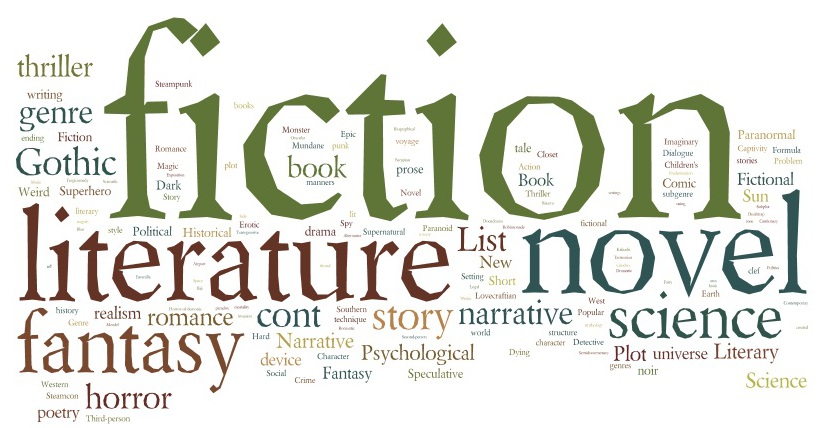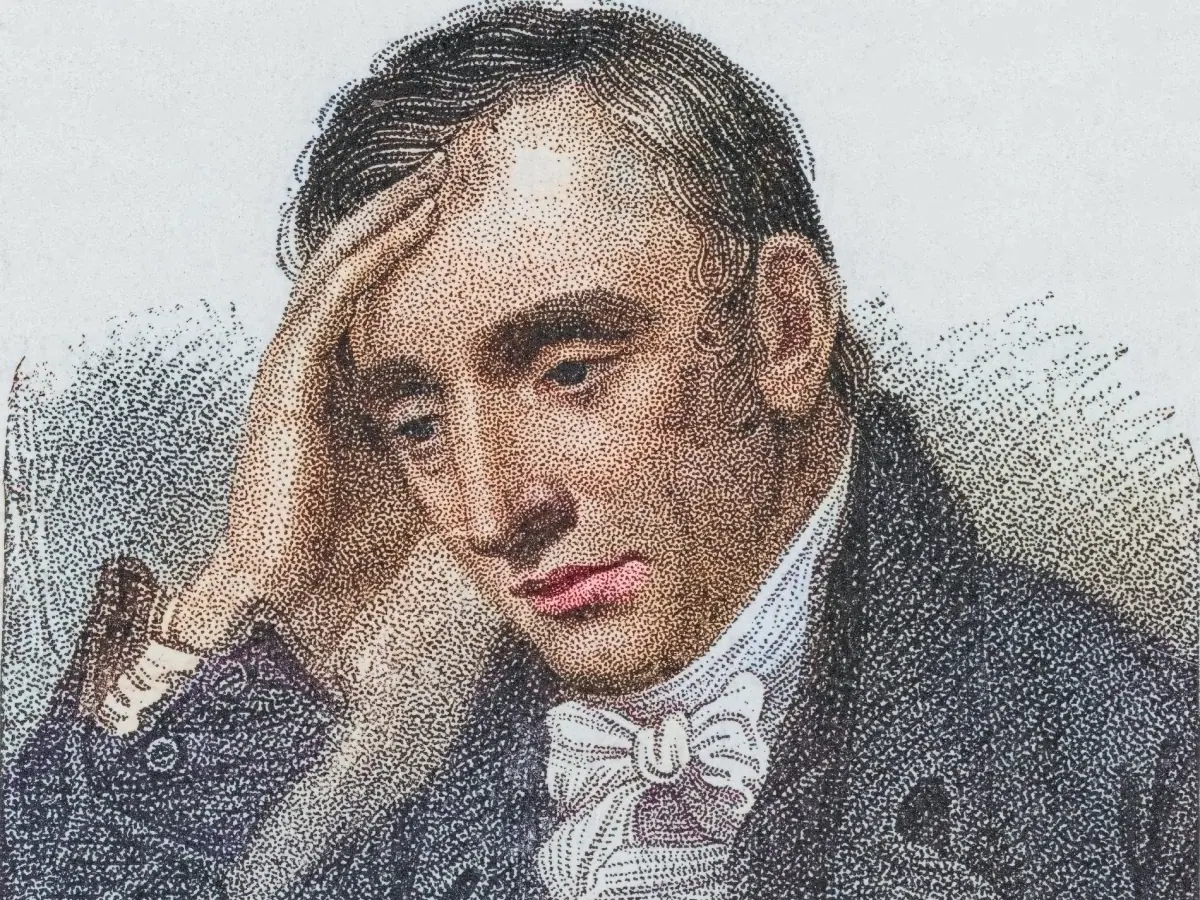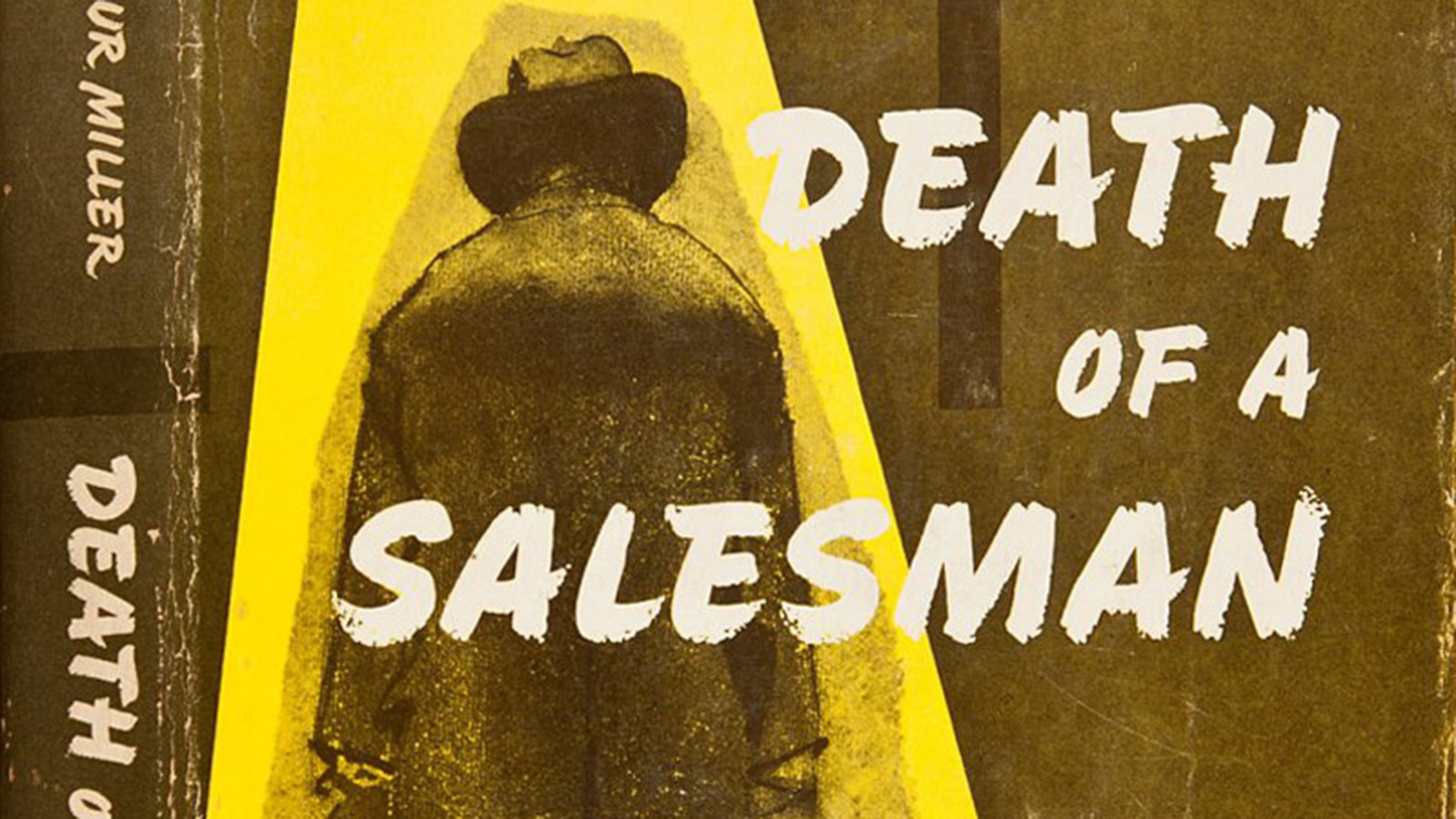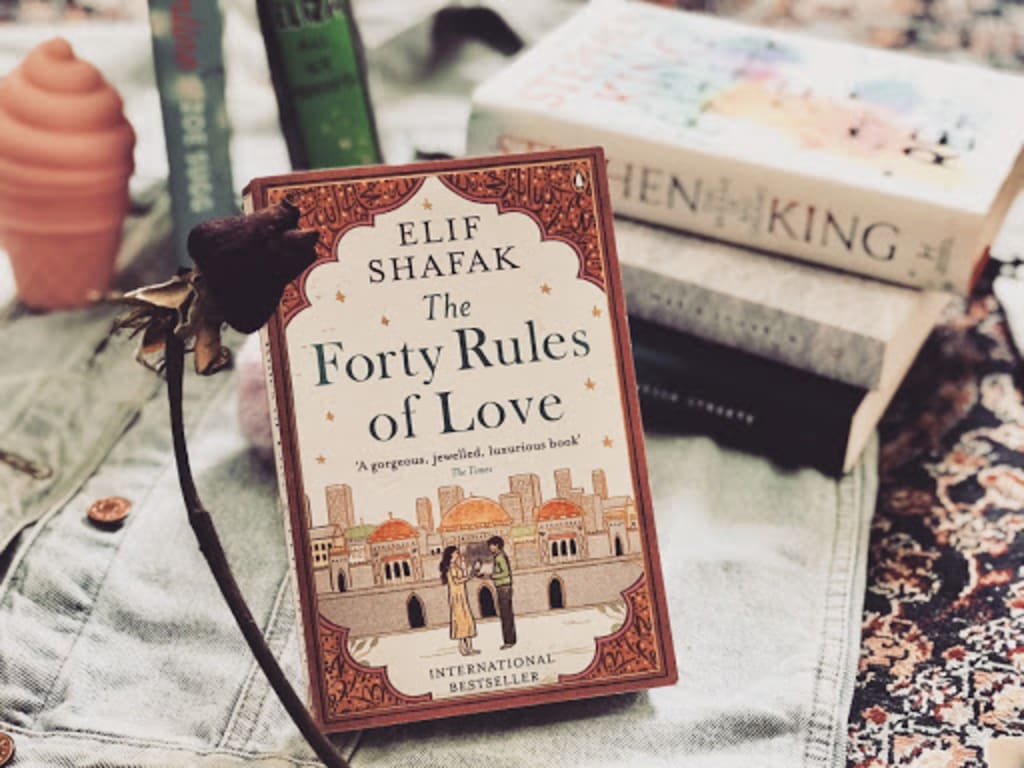Pareeshe Fatima
In our fast-paced, information-driven world, the value of fiction reading can be easily overlooked. Yet, delving into fictional narratives offers a unique and multifaceted experience that goes beyond mere entertainment. While it boasts undeniable benefits for cognitive development, emotional intelligence, and personal growth, there are also potential drawbacks to consider. Fiction reading, the immersion in imagined worlds and lives, occupies a unique space in modern life. Its importance is multifaceted, offering both undeniable benefits and potential drawbacks. Let’s delve into the pros and cons to critically evaluate its role:
Pros:
- Enhanced Cognitive Skills: Studies suggest fiction reading strengthens cognitive abilities like critical thinking, problem-solving, and memory. By navigating complex narratives and analyzing motivations, readers exercise mental muscles applicable to daily life.
- Empathy and Emotional Intelligence: Stepping into fictional characters’ shoes fosters empathy. Witnessing diverse perspectives and experiences cultivates understanding and emotional intelligence, essential for navigating real-world relationships.
- Stress Reduction and Mental Wellbeing: Immersing oneself in a captivating story provides an escape from daily pressures, offering relaxation and stress reduction. Studies link regular reading to improved mood, reduced anxiety, and enhanced cognitive well-being.
- Creativity and Imagination: Fiction sparks creativity by introducing novel ideas, settings, and characters. This can translate into various aspects of life, from problem-solving at work to personal artistic pursuits.
- Knowledge and Cultural Understanding: Historical fiction offers insights into different eras and cultures, expanding our understanding of the world and fostering historical empathy. Diverse narratives can challenge biases and broaden perspectives.
Cons:
- Escapism and Avoidance: While escapism has its benefits, excessive reliance on fiction as an escape from real-world problems can impede growth and problem-solving. It’s crucial to maintain a healthy balance between engagement and facing reality.
- Misinformation and Unrealistic Expectations: Fiction, particularly genres like romance or fantasy, can portray idealized worlds and relationships that don’t reflect reality. Uncritical consumption can lead to unrealistic expectations and hinder healthy relationships or career choices.
- Time Commitment and Opportunity Cost: Reading requires dedicated time and can compete with other essential activities like exercise, social interaction, or professional development. Balancing reading with other responsibilities is crucial.
- Potential for Addiction and Negative Emotions: Some readers might develop unhealthy reading habits, neglecting other aspects of life. Additionally, certain genres, like horror or thrillers, might evoke negative emotions like fear or anxiety, requiring mindful consumption.
- Reinforcing Biases and Stereotypes: Poorly written or biased fiction can reinforce existing prejudices and stereotypes. Critical reading skills are essential to identify and challenge these portrayals.
Fiction reading offers a wealth of benefits for cognitive development, emotional intelligence, and well-being. However, it’s crucial to acknowledge potential drawbacks like escapism, unrealistic expectations, and time commitment. The key lies in mindful and balanced consumption, recognizing the power of fiction while remaining critically engaged with its content and its role in shaping our perspectives and lives. Remember, reading should be a source of growth and enrichment, not a barrier to navigating the complexities of the real world. Furthermore, Fiction reading offers a multitude of benefits, from enhancing cognitive skills to fostering empathy and cultural understanding. However, it’s crucial to be mindful of potential downsides like escapism, unrealistic expectations, and time commitment. By approaching fiction critically, consciously choosing diverse narratives, and maintaining a balanced media diet, we can reap the rewards of this enriching activity while mitigating potential drawbacks. Remember, fiction is a powerful tool, and like any tool, its impact depends on how we choose to use it.

















































